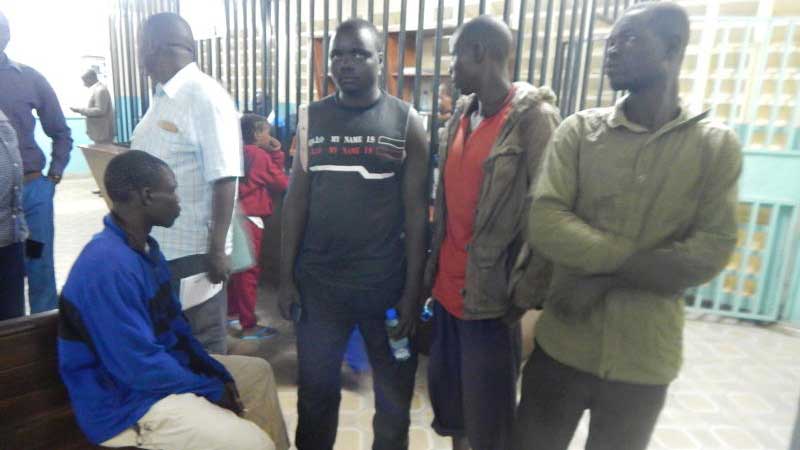×
The Standard e-Paper
Join Thousands Daily

When four fishermen set sail last Monday, they had no clue that a nightmarish experience awaited them.
Samuel Otieno, 31, Raphael Otiu, 36, Kennedy Oluoch, 27, and Shadrack Ogutu, 28, had heard from other fishermen that the waters in Kajimo were teeming with fish, and this informed their choice to cast their nets wider as the day dawned.